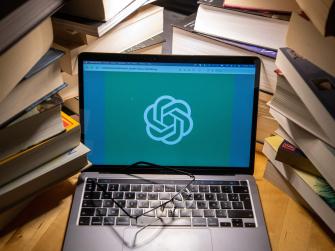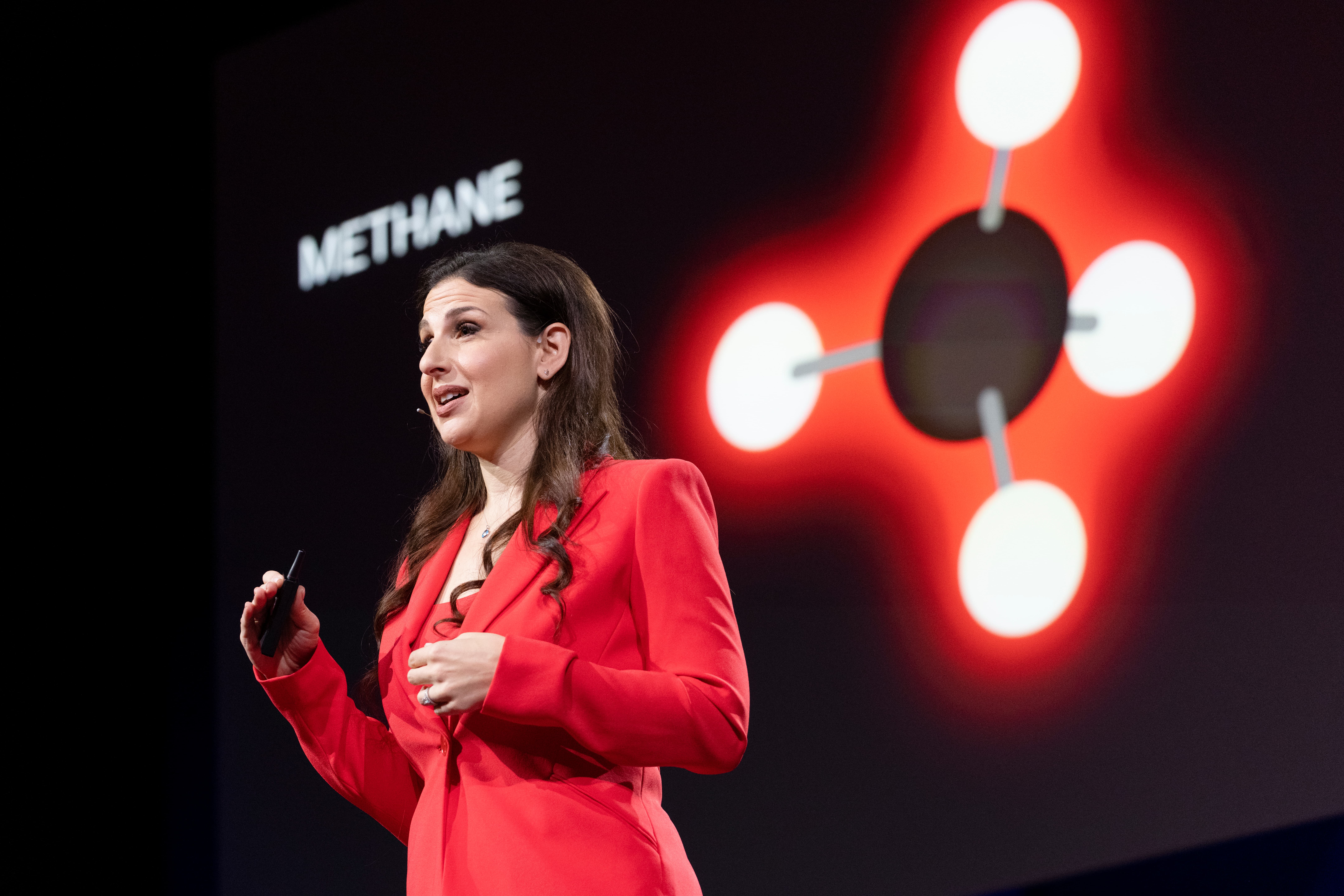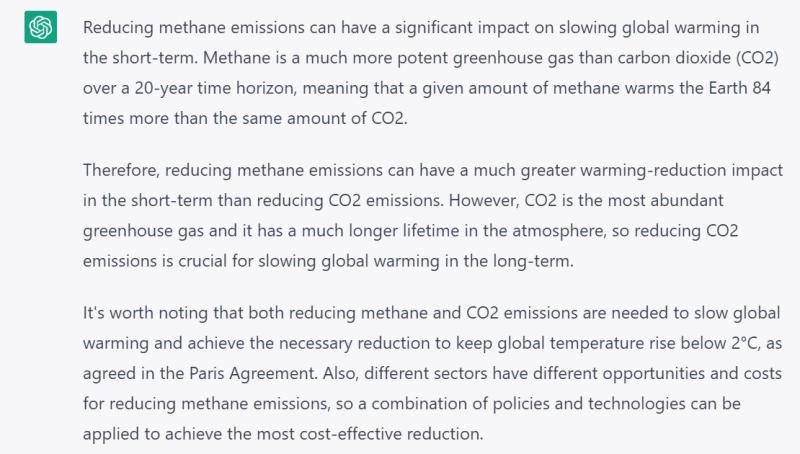We asked ChatGPT about climate change — it left a lot out

The public release of ChatGPT last November introduced society to a highly evolved form of artificial intelligence that’s both fascinating (it can write poetry!) and frightening (it also eloquently composed false information about Covid-19).
We decided to put the bot to the test by asking it a few questions about one of the biggest challenges humanity faces: Climate change.
Bottom line, ChatGPT was largely correct in broad strokes but not in details — and it made serious errors of omission that reflect a larger societal misunderstanding of climate change.
What follows are ChatGPT’s responses to our questions, which it composed in a matter of seconds, and an Environmental Defense Fund scientist's analysis of what ChatGPT got right, and what it missed.
What's causing climate change?
ChatGPT:

Climate scientist Dr. Ilissa Ocko: This is a pretty good answer. I love that it uses qualifiers like “primarily” and “particularly” because greenhouse gases aren’t the only cause of climate change, and carbon dioxide isn’t the only culprit. Everything is correct except for the part that says “greenhouse gases trap heat from the sun.” Energy from the sun (mostly shortwave radiation or sunlight) passes right through greenhouse gasses. But energy that radiates off the Earth’s surface (mostly longwave radiation or heat) can be absorbed by greenhouse gases on its way back out to space — and thus get “trapped.”
What's the fastest way to slow global warming?
ChatGPT:

Dr. Ilissa Ocko: Yikes, this misses methane! Human-caused emissions of methane account for around 30% of today’s warming. Addressing these emissions now are critical if we are to avoid the worst impacts of climate change. And because methane only lasts in the atmosphere for around a decade, we can almost immediately reduce its warming impact if we stop replenishing the atmosphere with more methane.

While reducing emissions of carbon dioxide is essential for stabilizing our climate in the long-term, the key to slowing down global warming right now is reducing emissions of methane. This is something more people need to know about.
The good news is that there are numerous technologies and strategies available right now to cut methane emissions from human activities. We think we could slash emissions in half over the next decade with a full-scale effort to deploy these solutions globally. This could slow the global rate of warming by up to 30%.
Sign up for EDF's Climate Tech Brief newsletter
So we asked it specifically about methane, typing in: Could reducing methane slow global warming faster than reducing carbon dioxide?
ChatGPT:

Dr. Ilissa Ocko: ChatGPT is absolutely right that cutting methane is the key to lowering warming in the near-term and that cutting carbon dioxide is the key to lowering warming in the long-term. It's also right that we need to do both in order to achieve our climate goals. There needs to be much more awareness of these details. The thing I would change is about “slowing global warming in the long-term.” When we talk about near-term warming, we want to slow it down. But when we talk about long-term warming, we also want to keep it from increasing — not just slow it down.
Our take-away
Climate science is complex and even though ChatGPT demonstrated decent accuracy responding to very specific questions, it missed several critical points — the most critical being that reducing methane is the fastest way to slow warming.
"There are so many subtleties in language that can make the science go from correct to incorrect," says Ocko. "At best, incorrect information slows progress and, at worst, it can fuel misinformation campaigns that have dire consequences.”
Environmental Defense Fund’s Lauren Guite, who represents EDF in the Climate Action Against Disinformation Coalition, explains: “Misinformation has already caused divisions that have delayed action, and when it comes to an urgent problem like fighting climate change we don’t have any time to lose,” she says. “As AI-written material begins to circulate more widely, verifying your sources is more important than ever to make sure what you’re reading (and sharing) is accurate.”










